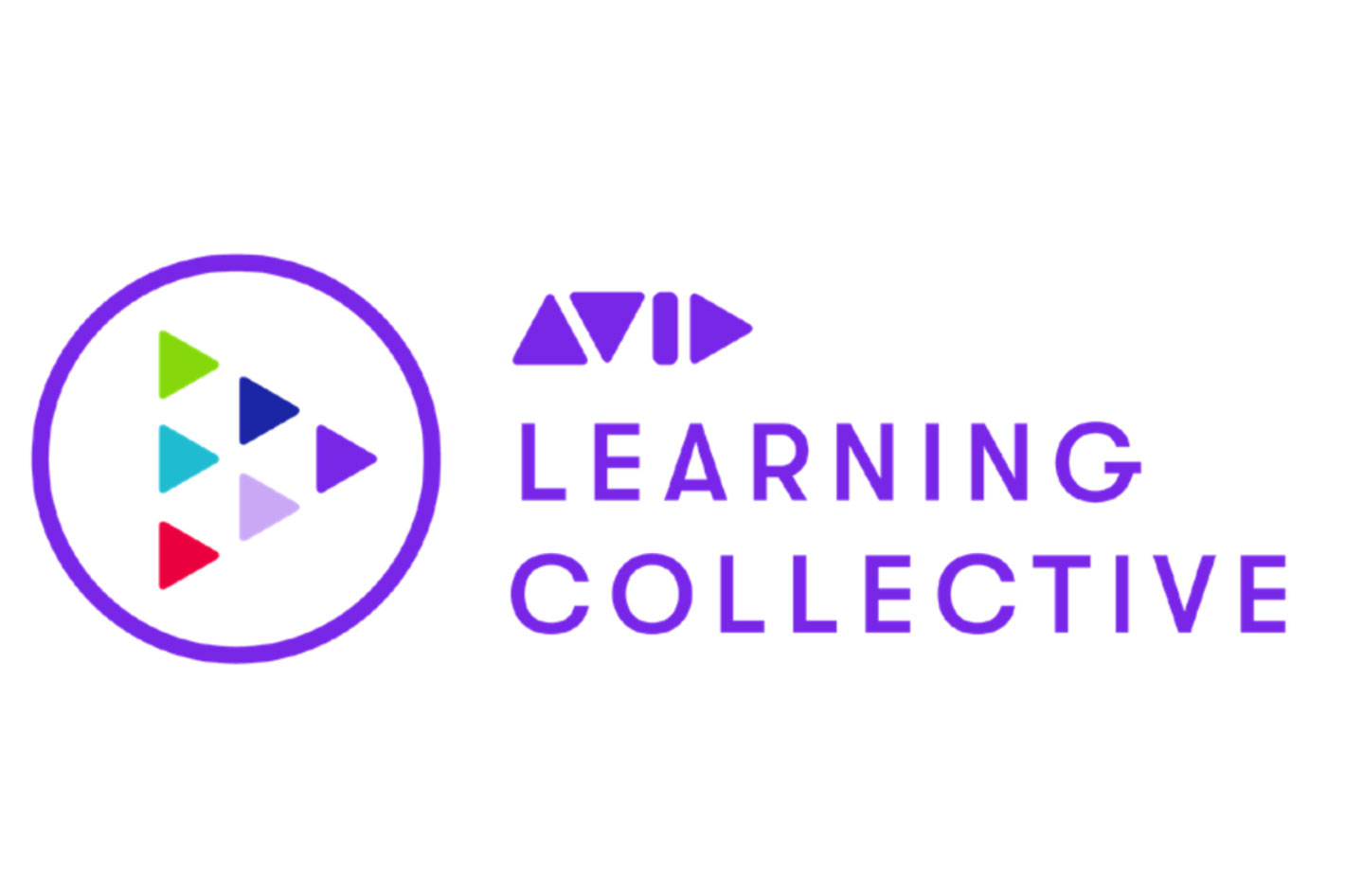
The Avid Learning Collective launched in 2021, awarding its first sponsorships, and the program is back for 2022. Avid and the customer-led Avid Community Association (ACA) debuted this month the Avid Learning Collective program to gift professional media creation technologies, training and certification to not-for-profit educational organizations that have proven to inspire, engage and activate creators in underrepresented communities.
The Avid Community Association (ACA) is a diverse group of industry professionals who collaborate to drive the development and ongoing improvement of Avid creative tools and solutions for the media and entertainment industry. The ACA gives a voice to nearly 40,000 members from every discipline and job level in content creation, production, management and delivery—from global media organization leaders to individuals just getting started in their careers.
Now, Avid and the ACA announced the program and also introduced the six inaugural award recipients, identified for their outstanding missions and achievements: Boston Arts Academy, Ghetto Film School, Girls Make Beats, Immersive & Inclusive Audio Institute, MAMA Youth Project and The Last Mile.
The organizers said that “each year, the Avid Learning Collective will welcome six additional educational organizations and initiatives that demonstrate the intention and ability to influence the current state of diversity, equity and inclusion through student advancement. For a period of three years, these recipients will enjoy membership in the global Avid Learning Partner program, which brings licenses for Avid creative tools, teacher training and course materials for students as well as peer and professional networking to cultivate visibility, mentoring and job opportunities for students.”
Applications are now open
The call for applications for the 2022 Avid Learning Collective program awards is now open through February 15, 2022. Criteria and application form are available here. Applications will be reviewed by a diverse committee of accomplished music, film and television professionals who sit on the ACA executive board as well as Avid employees. Award recipients will be announced in late spring 2022.
Bryan Castle, Avid’s Director of Learning Partnerships, said, “The Avid Learning Collective is the brainchild of our ongoing collaboration and exploration with truly impassioned educators and media professionals all over the world who want to make the media industry more diverse and accommodating. We’re thrilled to get out into the open today and to get more eyes on the new opportunities we’re presenting to lift up organizations that show disadvantaged people they can become powerful storytellers.”
Helen Killeen, Director of Production for Non-Scripted UK, ITV Studios, and an Avid Community Association executive board vice chair, added, “Our profession can do a lot more to think outside the box to ensure that opportunity reaches the people and communities helped by the extraordinary, sharply focused Avid Learning Collective participants. It’s exciting to see how rapidly this program will marshal the care and influence of my colleagues to expose the talents of creative people whose ambitions and experiences go largely unseen.”
Learn more about the Avid Learning Collective’s 2021 inaugural award recipients:
Boston Arts Academy, Boston’s only public high school for the visual and performing arts, offers pathways to success to urban students who otherwise might not have access to both formal arts training and a college preparatory education. Students reflect the diversity of the city of Boston and graduates matriculate to college at rates that are higher than the Boston Public Schools average and higher than the Massachusetts state average.
Ghetto Film School trains young people from New York, Los Angeles and London in the essentials of visual storytelling, offering introductory education to high school students and early-career support for alumni and young professionals. Since its founding in 2000, the school has educated 11,000 artists and placed 800 in jobs and internships; 98 percent of participants graduate high school on time and 92 percent go on to college, with 76 percent pursuing creative professions.
Girls Make Beats, founded by certified audio engineer Tiffany “Delilah” Miranda, empowers girls by expanding the presence of female music producers, DJs and audio engineers. The organization focuses on girls ages 5-17 and hosts educational seminars, summer camps, industry panels and networking events, and provides scholarships to students in underserved communities.
Immersive & Inclusive Audio, CIC, created by audio engineer and educator Leslie Gaston-Bird in collaboration with the University of Surrey, will offer training opportunities in audio and immersive sound for women and underrepresented groups. The institute will offer an immersive sound lab, remote classes and certification in Dolby Atmos to increase accessibility.
MAMA Youth Project is a registered charity specializing in Broadcast and Digital Media Training, set up to provide opportunities to young people from society’s underrepresented groups including minority ethnic and white working-class backgrounds. The charity is committed to working within the media to help the industry become more diverse and therefore more representative of the audiences it serves. MAMA Youth provides practical training where candidates produce professional content as well as ongoing support to its alumni to secure long-term, fulfilling employment. Career placement rates consistently track above 95% for young people in paid work a year after completing the training.
The Last Mile (TLM) provides opportunities for personal and professional growth through education and technology training for justice-involved individuals. TLM’s web development curriculum is active in 16 prisons across the U.S. and, using its nomination, TLM is launching an audio and video production program with industry partnerships and a best-in-class curriculum. The goal of the program is to provide the skills and content knowledge necessary for participants to become audio technicians and video editors, leading to employment opportunities after release. The employment rate for TLM’s returned citizens is 90 percent six months after their release, a key factor of successful reentry.
